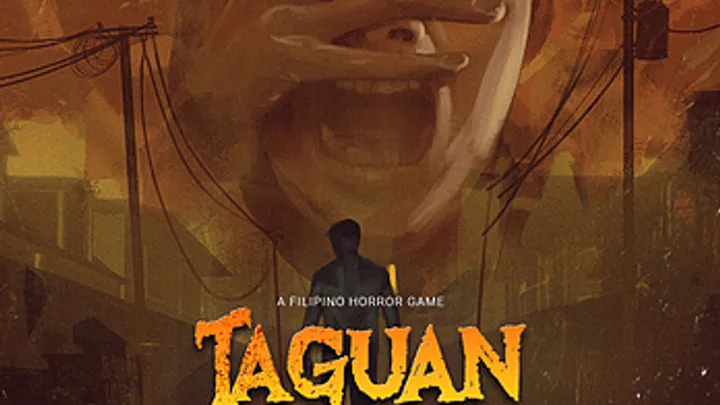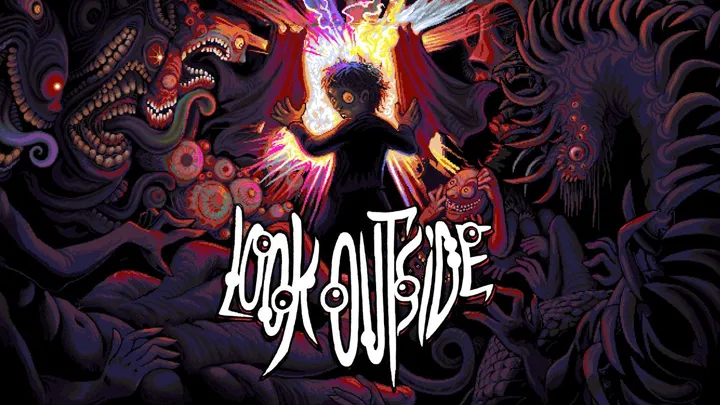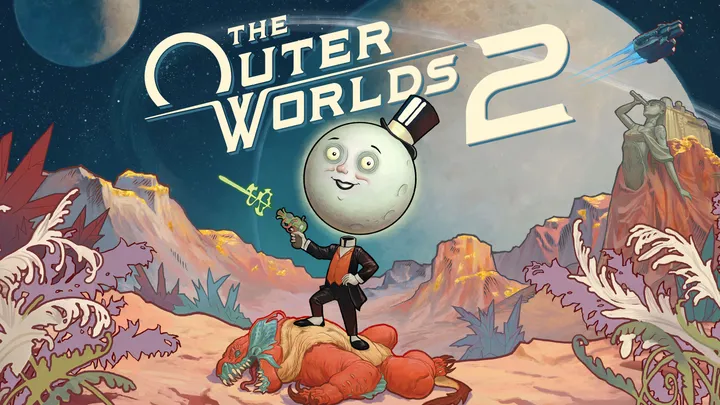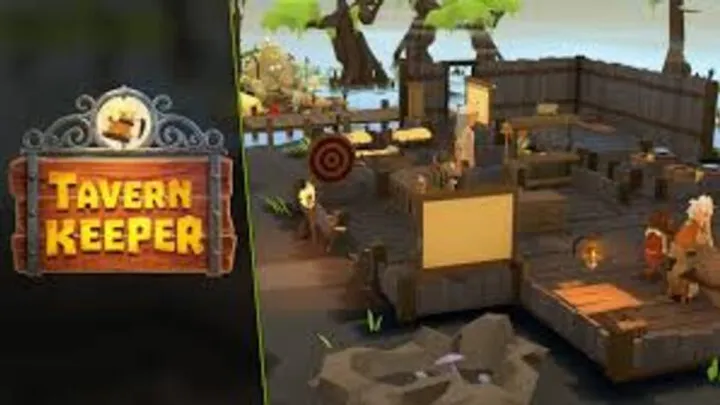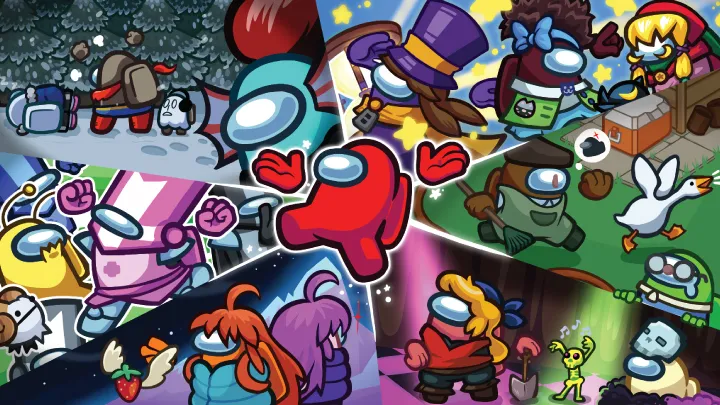When players first encounter Tavern Keeper, they expect a lighthearted management simulator: build your medieval tavern, serve ale, hire staff, and keep customers happy. But what makes Tavern Keeper more than just another business sim isn’t its mechanics—it’s the emotion that lives beneath them.
At its core, Tavern Keeper is a study of community. Every spilled drink, every laugh from a group of travelers, every argument by the fire becomes part of a quiet tapestry about belonging, empathy, and human interaction. It’s a digital world where hospitality becomes a language—and the tavern itself a metaphor for connection in a fractured society.
This article explores that emotional depth. Not a tutorial or a strategy manual, but a reflection on how Tavern Keeper turns simulation into storytelling—how it uses every mug of ale and every passing guest to explore what it means to make people feel at home.
1. The Heart of the Tavern: More Than a Building
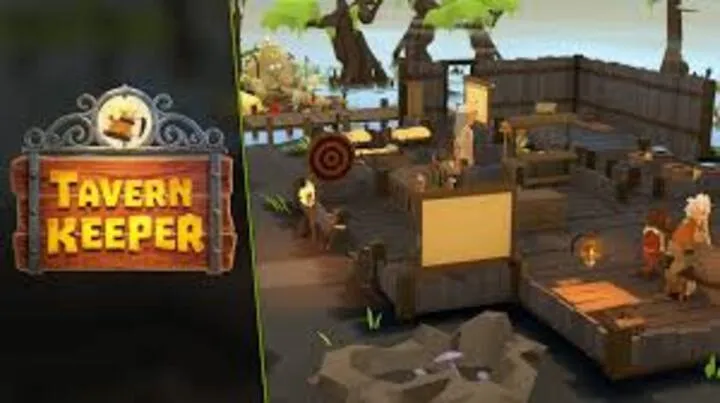
In most management games, your primary goal is efficiency—maximize profit, minimize waste. But in Tavern Keeper, your tavern is more than a business. It’s a living organism, pulsing with stories, moods, and relationships.
From the first wooden plank you lay, the space begins to feel personal. The sound of the fireplace, the murmur of conversations, the clinking of mugs—all combine to create a world that feels lived-in. As your tavern grows, it doesn’t just become bigger; it becomes deeper, filled with the emotional residue of every guest who’s ever entered.
Each decision—where to place the tables, what food to serve, how to design the rooms—changes how people interact. You’re not just building furniture; you’re building relationships.
2. The Rhythm of Routine: Finding Poetry in Work
What’s striking about Tavern Keeper is how it finds meaning in the mundane. Cleaning spills, chopping vegetables, delivering plates—it’s all routine, yet strangely soothing. The repetition becomes a rhythm, and the rhythm becomes art.
There’s something deeply human about the predictability of running a tavern. The chores aren’t obstacles—they’re rituals. Each one becomes a small expression of care. The act of wiping a counter or serving a meal isn’t just maintenance; it’s connection, an unspoken promise that this place will stay warm and welcoming for whoever walks through the door next.
In this rhythm, players find a strange peace—a digital echo of the quiet satisfaction of good work done well.
3. The Guests: Mirrors of Society
The most fascinating element of Tavern Keeper is its guests. They come from everywhere—farmers, merchants, adventurers, nobles—and each brings their own personality, habits, and expectations.
Your tavern becomes a crossroads of lives. A soldier may drink to forget. A bard might perform songs of joy but hide sorrow in his eyes. Even the most generic-looking patron carries a small behavioral quirk or preference that hints at something larger: class differences, personal struggles, hidden desires.
Through these guests, Tavern Keeper quietly becomes a social simulator. It doesn’t judge anyone—it just observes. The tavern is the stage, and human nature is the performance.
4. The Staff: Loyalty, Fatigue, and the Fragility of Trust
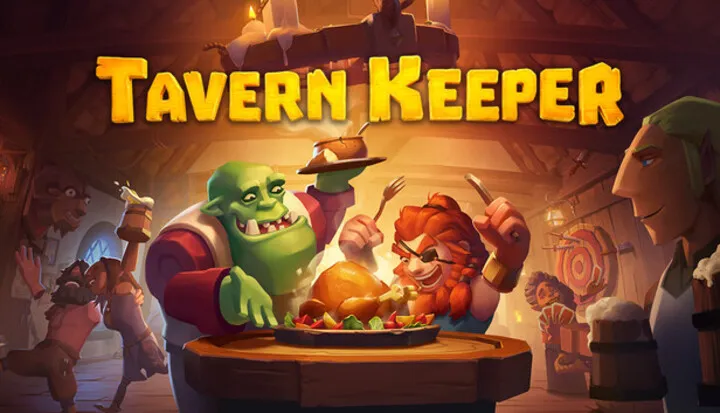
If the guests represent the world outside, your staff embodies the world within. They’re your family, your daily partners in chaos. You hire them, train them, and inevitably, depend on them.
Each employee has needs, moods, and personalities that shift over time. A cheerful waitress might grow bitter from overwork. A clumsy cook might improve through patience. A loyal cleaner might one day leave for a better wage elsewhere. These aren’t scripted narratives—they emerge naturally from the simulation.
And that’s where Tavern Keeper shines: it transforms management into empathy. You don’t just optimize schedules—you care. You start to notice who needs rest, who deserves a raise, who’s quietly struggling. The tavern becomes a workplace with heart.
5. The Language of Atmosphere
Every room in Tavern Keeper speaks through its design. The furniture, lighting, and music aren’t just decoration—they’re dialogue.
A dimly lit corner whispers of secrets and romance. A bright hall filled with laughter radiates warmth. Even the color of the walls can shift the emotional tone of a night. This attention to ambiance turns interior design into storytelling.
The game subtly rewards those who pay attention to feeling over function. A perfectly efficient layout might serve more customers, but a beautiful one creates stories. The environment becomes a conversation between the player and the people who inhabit it.
6. The Chaos of Emotion: Conflict and Catharsis
Not every night in Tavern Keeper is peaceful. Fights break out. Guests argue. Accidents happen. And in those moments, the game reminds you that even the coziest spaces can’t escape human volatility.
Conflict in Tavern Keeper isn’t random—it’s emotional punctuation. It gives contrast to calm, and consequence to choices. How you handle chaos says as much about your leadership as your profits ever could.
The brawl that wrecks your tables might frustrate you at first—but when your regulars help clean up afterward, you realize the beauty of resilience. The tavern endures, like people do, through care and forgiveness.
7. The Passage of Time: Building Legacy
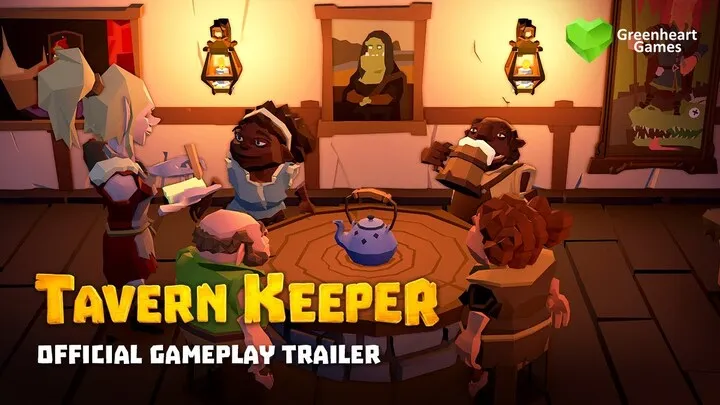
As days turn into months in Tavern Keeper, you begin to feel something few simulation games achieve—nostalgia. The tavern changes not just physically but emotionally. You remember when the floors were bare, when your first guest arrived, when a beloved staff member retired.
The game uses time as texture. Dust gathers in corners, regulars age, and the seasons subtly shift. What was once a startup becomes a sanctuary—a living memory of everything you’ve built and lost along the way.
This passage of time makes Tavern Keeper feel like a life story rather than a level-based experience. You’re not playing to “win.” You’re playing to remember.
8. The Sound of Connection
Sound in Tavern Keeper is storytelling in disguise. The murmur of conversation, the scrape of chairs, the pop of a fire—all form an invisible symphony that gives your space soul.
There’s no dramatic orchestral score forcing emotion. Instead, the sound design builds atmosphere organically. When business slows, you hear only the faint crackle of the hearth. When the tavern fills, the rising laughter feels like a heartbeat.
The best moments are quiet ones—when everyone’s content, the music softens, and the hum of voices becomes a lullaby. It’s not excitement the game celebrates; it’s harmony.
9. The Philosophy of Hospitality
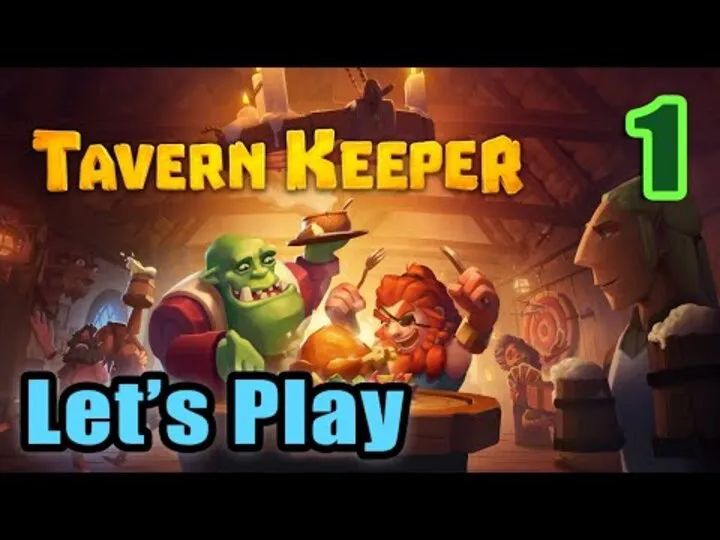
Hospitality, in Tavern Keeper, is more than service—it’s moral philosophy. To serve well means to see others—to notice their moods, anticipate their needs, and treat them with kindness.
This extends beyond mechanics. Every gesture—cleaning a table, greeting a regular, cooking a meal—carries intention. The tavern becomes a vessel of empathy, where generosity transforms space into belonging.
This makes Tavern Keeper surprisingly profound. It isn’t about profit margins; it’s about care economies. The more you give, the more alive the world feels. The tavern thrives not on gold, but on grace.
10. The Tavern as a Metaphor for Humanity
By the end of Tavern Keeper, you realize you haven’t just built a business—you’ve built a reflection of human life. Every spilled drink, every song, every friendship is a thread in the same tapestry.
The tavern, like humanity, is fragile. It’s chaotic, imperfect, and beautiful. It survives through connection. It flourishes through empathy. And it endures because, no matter how divided the world outside may be, people will always seek warmth and story around a shared table.
In that way, Tavern Keeper isn’t about keeping a tavern—it’s about keeping each other.
Conclusion
Tavern Keeper is far more than a management simulator—it’s a quiet masterpiece about the meaning of community. Through its attention to routine, atmosphere, and emotion, it transforms the simple act of serving ale into a meditation on empathy and belonging.
Each player’s tavern becomes unique not because of layout or profit, but because of the memories it holds—the laughter of strangers, the loyalty of workers, the glow of a fire that never dies.
It’s a game that doesn’t just simulate business—it simulates life. And in its humble, heartfelt way, it reminds us that the smallest acts of kindness are what keep the world turning.




